How do I do the right thing when importing an online order?
Everything you need to know about import.
Import is the transfer of goods across state borders, from a foreignsource. The one who carries out the import is called the importer>.
Wondering how your order arrives from overseas? Follow the whole process.

Click here to download the document with the import process in Republic of Moldova.
Place of customs clearance
The ordered shipment, regardless of the method by which it enters the country, is declared and cleared at the Specialized Customs Post –„Poșta”.
Customs declaration
Based on the data declared in the shipment, the Customs Service determines whether the package is subject to import clearance or is exempt from customs and import duties.
It is necessary to distinguish between the invoice value of the goods and the customs value of the goods. The customs value is the value of goods that is applied during customs clearance and includes the invoice value together with shipping costs (postage) and handling costs.
Shipments that have a value of 22 euros (including transport and handling costs) are released immediately after the shipment arrives; there is no obligation to submit a customs declaration for them.
In the case of individuals, deliveries with an intrinsic value of up to 150 Euros are exempt from import and declaration taxes, being automatically released after the approval of the Customs Service. In the case of legal entities, deliveries with an intrinsic value of up to 100 Euros are exempt from import and declaration taxes, being
automatically released after the approval of the Customs Service. In both cases, the Customs Service may request a formal declaration for any parcel if there are reasonable doubts.
For all other shipments that have a value above the amounts indicated above, there is an obligation to submit a customs declaration. This declaration can be submitted by the shipping carrier (post or express mail), a customs broker, or by an individual who receives the package.
This is a matter of choice for the importer (legal person or individual) – who will independently decide who will submit the customs declaration.
- The value of the parcel (together with the transport costs) must not exceed an amount of 1000 Euro in lei equivalent. This is the easiest way to clear customs for shipments arriving from import.
- If this condition is not met, it is mandatory to submit a customs
declaration under a regular customs procedure. This declaration can be submitted by the importer (legal person) provided that a customs specialist with access to ASYCUDA WORLD exists in the staff member states or by a customs broker. - This type of declaration is submitted only in electronic form for all
shipments containing goods, the value of which exceeds 1000 Euro in lei equivalent or at the request of the Customs Service, namely: for goods of a commercial nature that are part of a regular series of similar shipments, for goods subject to restrictions, prohibitions and other import formalities.
If these conditions are not met, it is mandatory to submit a customs declaration in a regular customs procedure. This declaration can be submitted by the importer (individual or legal entity), customs agent – freight forwarder or by the post or express mail.
This type of customs declaration is submitted for all shipments containing goods sent from abroad by legal entities, as well as all shipments subject to purchase and sale, for goods subject to restrictions, prohibitions and other import formalities.
- Postal customs declaration: if the value of the goods in the shipment is less than EUR 800 in Denar equivalent. When the sender is a natural person, a single customs rate of 15% and a VAT rate of 18% or 5% is applied, depending on the type of goods. When the sender is a legal entity, that is, it is a shipment ordered via the Internet, the rates according to the Law on Customs Tariff are applied when calculating the customs duties. The customs declaration is completed by the customs officer, and the duties are paid upon receipt of the shipment, and
- Single customs declaration only in electronic, paperless form: if the value of the goods in the shipment is greater than 800 EUR or the recipient of the shipment has declared that he wants the goods to be cleared at a rate according to the Law on Customs Tariff, in this case the declaration is submitted according to the existing regulations provided by Article 72 of the Customs Law, and Article 115 of the Decree on the Implementation of the Customs Law, as well as the Rulebook on the manner of filling out the customs declaration and the code of codes used in the customs procedure, usually through a customs agent (forwarder)
Documentation
Most often, from where the shipment is ordered, they mark it with a declaration that says what it contains, what its value is and where it comes from. This declaration is valid evidence describing the goods ordered.
If other documentation is required, the responsible person from the carrier of the shipment or from the customs office contacts the recipient. If it does not provide the necessary data, the value for which the order should be cleared is calculated by the customs officials.
If he does not agree with the determined value, the person has the right to challenge it.
If a shipment is sent from a natural person to another natural person,the consignor should take care to indicate the value of the goods, in order to more easily determine whether they are subject to customs clearance and payment of duties.
Additional costs
The costs that are included in the value for which an order should be subject to customs include postal costs that occur outside the Republic of Moldova.
The intrinsic value is used to determine the non-taxable limits. If, however, the good is to be declared and taxed, it is operated with the customs value according to the provisions of the Customs Code. After the customs value of the package is established, customs officials calculate the additional amount of duties that should be charged.
In the case of individuals, if the intrinsic customs value of the shipment is less than 150 euros, it is exempt from customs and VAT. This does not apply if the carriage is an alcoholic beverage, tobacco product, perfume or eau de toilette, or other non-occasional goods.
If the customs value of the shipment exceeds this limit, then import duties and VAT must be paid. In this case, additional costs for customs clearance and handling are payable.
SHIPMENT ARRIVAL
When the shipment reaches the territory of the Republic of Moldova, as long as no treatment is established for it, it is under customs supervision and is treated as goods temporarily stored in a customs office.
After completing the whole process, the shipment arrives at your address!
How do I do the right thing when exporting an online order?
Everything you need to know about export.
An export in international trade is a product or service produced in one country that is sold in another country. The seller of these goods and services is the exporter.
Wondering how shipping a product outside of your country works? Follow the whole process.

Click here to download the document with the export process in Republic of Moldova.
Preparation
The package to be shipped outside our country’s borders is properly packaged for international shipping.
Documentation
Together with the product, the documents are drawn up, the most important and mandatory of which is the commercial invoice (Invoice). In addition to the invoice, depending on the requirements of the importing country, the packing list/delivery note and/or proof of product origin may be required.
- Name and address of the exporter (legal entity or sole trader)
- Name and address of the importer (distribution partner, intermediary or end user)
- Delivery address
- Net and gross mass, packaging dimensions
- Correct description of the goods
- Quantity of goods, number and type of packages
- Price
- Terms of delivery and payment
- Country of origin
In addition to the invoice, in certain delivery countries with which the Republic of Moldova has concluded free trade agreements and in order for the buyer not to pay customs duties, it is necessary to prove that the products are of Moldovan origin.
This can easily be done by completing a declaration of origin on the commercial invoice, which can be made by any authorized exporter.
Customs declaration
In order for the shipment to leave the customs area of the Republic of Moldova, a customs declaration must be submitted.
The customs declaration can be submitted by the merchant (legal entity) provided that a customs specialist with access to ASYCUDA WORLD exists in the staff member states or by a customs broker.
Also, customs declarations can be submitted under a regular or simplified customs procedure.
ORDINARY OR SIMPLIFIED CUSTOMS PROCEDURE
Under the ordinary customs procedure, the export customs declaration must be submitted for each shipment at the time of shipment/export of the package, which, considering the speed and costs, is not advisable for merchants selling online.
IIn simplified customs procedures, the e-merchant can submit a single customs declaration for all shipments sent during a day, regardless of the number of shipments provided they are delivered to a single buyer(between the same parties). This procedure is recommended for e-merchants who have a larger volume of work. Traders can use the
simplified customs declaration for lots of up to 1000 Euros.
- The declaration is signed electronically
- It contains all the necessary data
- The e-merchant has attached all the necessary documents
- The goods were submitted for control to the customs authority- Specialized Customs Post – „Poșta”
Sending the shipment
In order to send a parcel, the e-merchant can use the services of Moldovan Post, which has approval for simplified customs procedures, and the whole work can be completed in any branch of Moldovan Post on the territory of the country. Posta Moldova must be contacted in advance. It can pick up the shipment or it can be taken to any branch of the post office and can be authorized for export by Post Moldova upon receipt.
The shipment can also be handed over to express mail companies, who can clear the export shipment at any time.
If the e-merchant wants to send the shipment independently, it should submit an electronic customs declaration independently. This declaration is submitted to the competent customs office for export – Specialized Customs Post – „Poșta”. This declaration is submitted by the declarant in his own name, an employee of the trader, through the
ASYCUDA WORLD Portal of the Customs Service, and a Parcel Reference Number is used to identify the export operation.
The e-merchant has the right to choose whether to use a regular export customs procedure or a simplified export customs procedure – but one thing is mandatory – to submit a customs declaration.
After completing the whole process, your shipment reaches the final buyer!
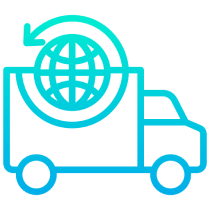
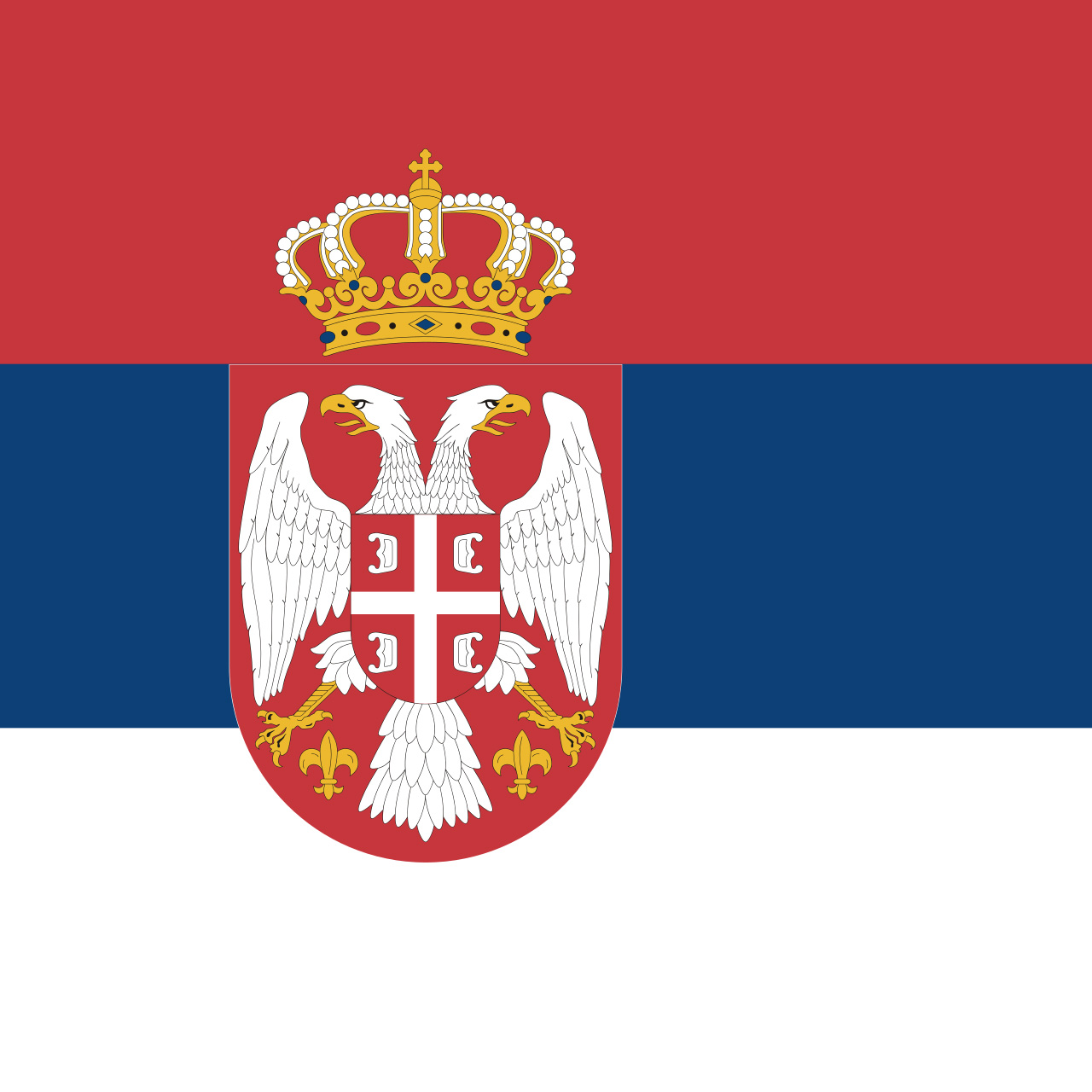

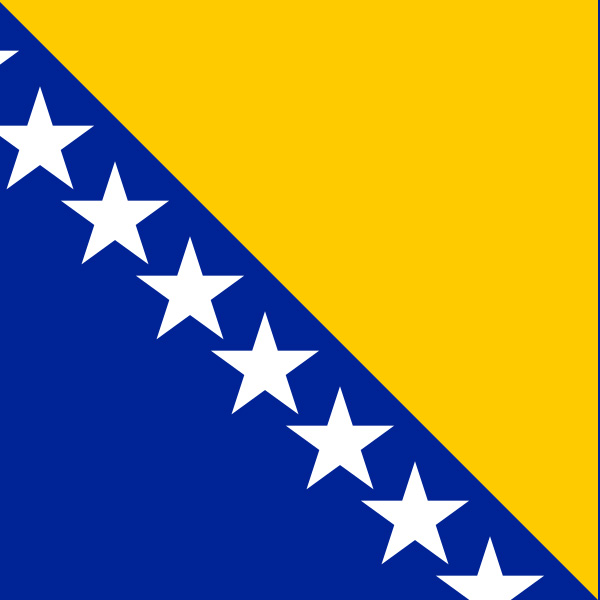

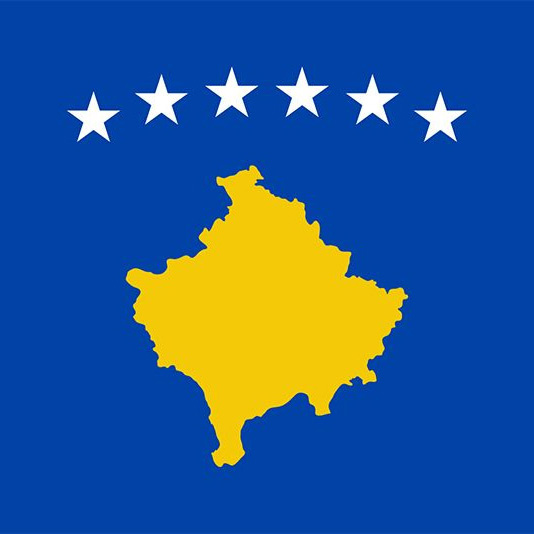
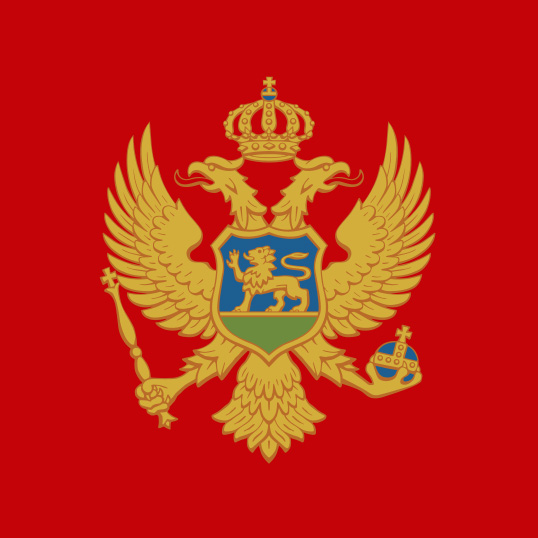
 Internet Activities
Internet Activities

